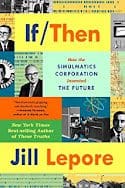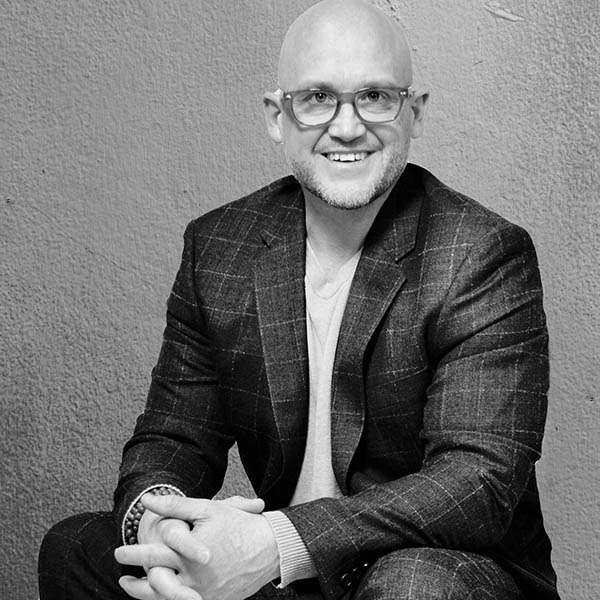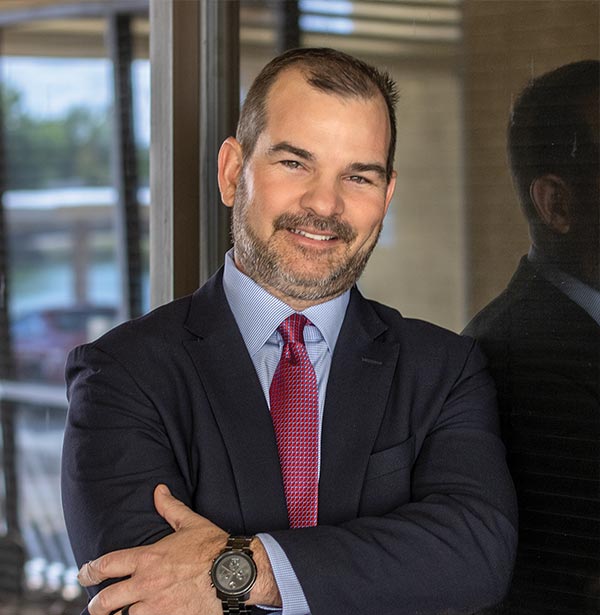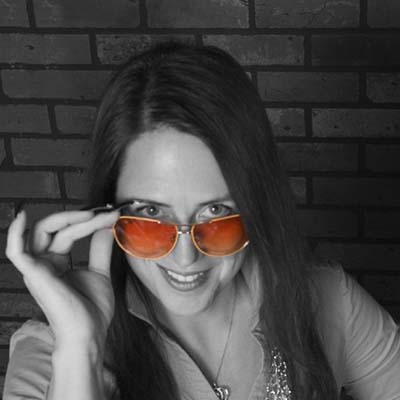How Did We Get Here?
How did we end up in this situation where everyone is so polarized, so surrounded by like-minded people, and so dismissive of others who have a different opinion or different Lifestyle?
It all started with television, according to Harvard historian Jill Lepore. When television started broadcasting the news, back in the 1940s and 1950s, it put newspapers in a difficult position. Everyone already had the news from TV, so why would they want to read it the next day in the newspaper? So newspapers reinvented themselves by focusing more on analysis than straight news, and before long the line between analysis and opinion was blurred. Now newspapers give us more opinion than news, and sometimes the opinion is disguised as news.
In her book If Then: How the Simulmatics Corporation Invented the Future, Lepore chronicles the rise of this early computer-based organization that pioneered the process of information collection. The company sliced and diced the data, and sold it all to businesses and governments in an effort to predict behavior, manipulate minds, sell products, win votes.
According to Lepore, politicians starting with Kennedy, Johnson and Nixon have used computerized research to select and distort information, and then craft messages to win the votes of specific audiences — unions, suburbanites, students, African Americans, Latinos, women, men.
At the same time, Proctor & Gamble and other consumer goods companies targeted their ad campaigns to different market segments, from the working stiff to the suburban housewife to the Pepsi Generation. Politicians wanted power. Corporations wanted Money.
Meanwhile, news organizations and university professors began to question the very notion of objective facts. New Journalists in the 1970s began to argue that everything is relative. Everyone’s view of the world is colored by their own experience. There is no Truth. There is only your opinion.
As time went on, mass media carved the audience into thinner and thinner slices, tailoring their content to the interests of very specific groups. General interest magazines like Life and Look went out of business, replaced by specialized “lifestyle” publications. Then along came cable TV, again slicing up the audience to special interest groups. Gone were Ed Sullivan and Carol Burnett, replaced by the food network, the history channel, the shopping network, a dozen different sports channels — and the left-wing and right-wing news channels.
The internet and social media have only made it worse. Organizations collect data, identify our interests, exploit our biases and enlist our sympathies — all to sell us products or win our votes. It’s a system, according to Lepore, that “manipulates opinion, exploits attention, divides voters, fractures communities, alienates individuals and undermines democracy.”
Not all Big Data is bad. Computer-aided analysis helps build better buildings, safer cars, more effective medicines. It has opened up the mysteries of space, and can help us meet the challenge of climate change.
The problem is that we humans have a natural tendency to seek out information that confirms our pre-existing convictions, and we ignore or discredit information that runs counter to them. Or, as singer Paul Simon recognized many years ago, we all “hear what we want to hear and disregard the rest.”
So what does this have to do with Retirement, with older people? Well, we’re supposed to have perspective, and pass on our Wisdom. We should know that modern marketing, polarized politics and mean-spirited media all benefit by exploiting us and splitting us apart.
Younger people are less experienced, more credulous. We should remind each other, and tell our children: Don’t allow yourselves to be “managed” into micro-markets just so corporations can sell more products or politicians can focus-group us into gender/race/class divisions to make us easier to manipulate and control.
We should not let market researchers and political operatives tell us what to think or do. But it takes a conscious effort to resist these divisive forces. We can greet messages with a skeptical eye — especially those from “our own side” — and we can check facts. (Take a look at Bob Lowry’s excellent post at My Satisfying Retirement for some links to fact-checking sites.)
All knowledge is not biased. There are facts that are true beyond our own narrow views of the world. Or as Shakespeare said long ago: “There are more things in heaven and earth, Horatio, than are dreamt of in your philosophy.”


























